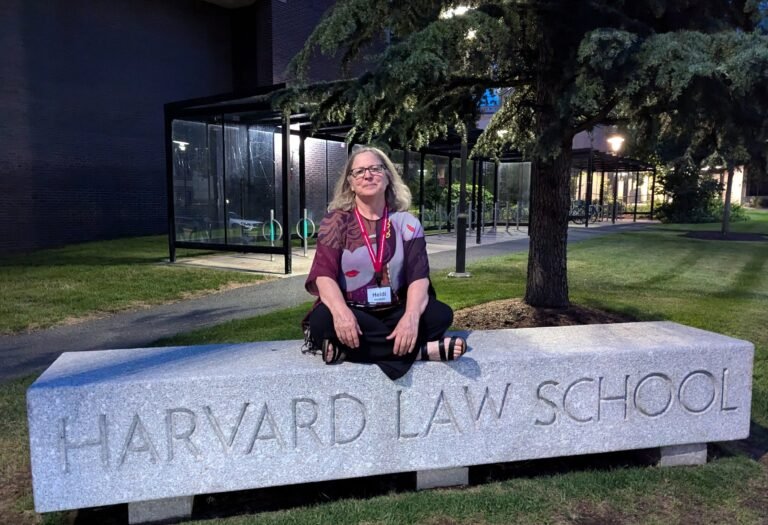Change begins well before your brew and drink your mushroom tea. Good preparation doesn’t make a psilocybin journey predictable—it makes it welcoming. You clear a little space in your life, you soften the noise around you, and you let your mind and body know what’s about to happen. By the time you arrive in the room, the day already has a shape.
The week before: make room for what you want to feel
Give yourself a quieter week than usual. Go to bed a bit earlier. Wake without rushing. Let your media diet get lighter—fewer headlines, fewer arguments, more music, more silence. Eat simple foods that agree with you and drink water like it’s your job. If you exercise, keep it easy and rhythmic: walks, stretching, slow laps in the pool. Maybe tell one trusted person what you’re doing and what kind of help would make it easier—a ride from the service center, or a quiet house that evening.
Set a gentle intention or two. A sentence you can remember when the day gets big: Help me be honest, Show me what’s in the way, Let me feel connected. Write it down where you’ll see it. If intention-setting makes you tense, switch to a question: What wants my attention right now?
If you are traveling to Oregon, plan your logistics to protect your nervous system: a place to sleep that feels calm, time buffers around appointments, and food you know your body likes. Oregon facilitators are non-clinical guides; if you take prescription medications, you’ll discuss those in advance with your prescriber and your facilitator so everyone is aligned. No last-minute changes without medical guidance.
As the week goes on, begin saying no to nonessential commitments. What looks like “less” is actually more: more attention for your body, more room for rest, more capacity to meet the day without friction.
Three days before: get specific and simple
Choose what you’ll wear: soft, warm layers and socks. Choose how you’ll transition afterward: a ride, a quiet meal, a place to rest. If you use music in your daily life, listen to what settles you and what doesn’t—this isn’t a playlist assignment so much as a way of noticing texture. Put your journal and a pen somewhere you’ll remember. If you don’t journal, open the voice recorder on your phone and make a practice note: thirty seconds, no editing.
If others depend on you, communicate early. Let them know you’ll be slower to respond for a day or two or more, and that it’s by design.
The night before: go small, go kind
Eat a familiar dinner that sits well. Lay out your clothes. Put water by your bed. Turn the lights down sooner than usual and let screens go dark. If you pray, pray. If you stretch, stretch. If you do nothing special at all, that’s fine too. The point is permission: an early night that tells your body tomorrow matters.
The morning of: arrive as yourself
Wake gently. Ask your facilitator if you should skip breakfast or keep it light. Use caffeine in the way your body already knows—neither “none at all if that will give you a headache,” nor “twice your usual because you’re nervous.” Dress for comfort and warmth. Bring a sweater even if you suspect you won’t need it.
Travel with as little drama as possible. Leave earlier than you think you must. Silence the phone or turn it off. If the mind starts trying to plan the entire day, give it a smaller job: notice your breath, the sky, the feeling of your feet on the ground. That’s enough.
When you arrive, you’ll review essentials with your facilitator—consent, safety, comfort needs, bathroom, water. If the room feels unfamiliar, look around until something settles: the window, the blanket, the steady light. Let the space introduce itself. Nothing is required of you but honesty and breath.
After your journey: meet the growth window
The psilocybin experience itself is only the beginning. For roughly two weeks to four weeks afterward, many people describe unusual mental flexibility—an openness that makes it easier to form and reinforce new habits. Research confirms this opportunity. Treat those first fourteen days as a devoted practice. Choose the smallest daily actions that honor what you learned, and repeat them: a few sentences in your notebook, a short walk, a glass of water before email, five minutes with the phone in another room. Consistency is kinder than ambition. When life interrupts, begin again. Beginning again is the practice.
If you need support or have questions as you plan your trip to Oregon, reach out through the contact form or call 541-645-4485. This is a part we can control: how gently you arrive.



